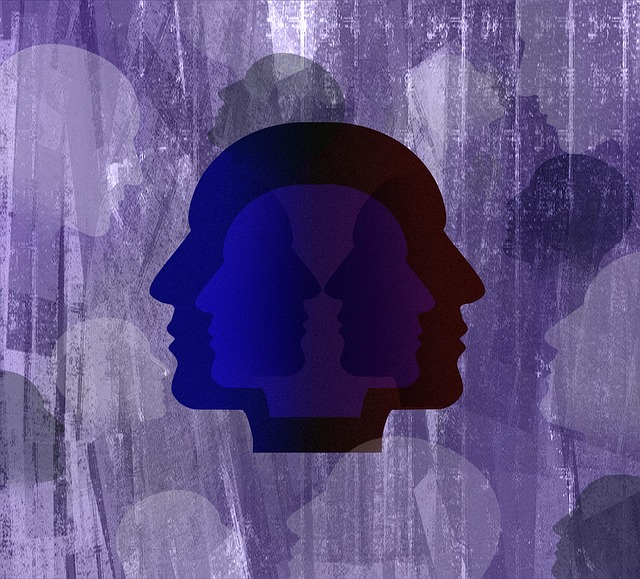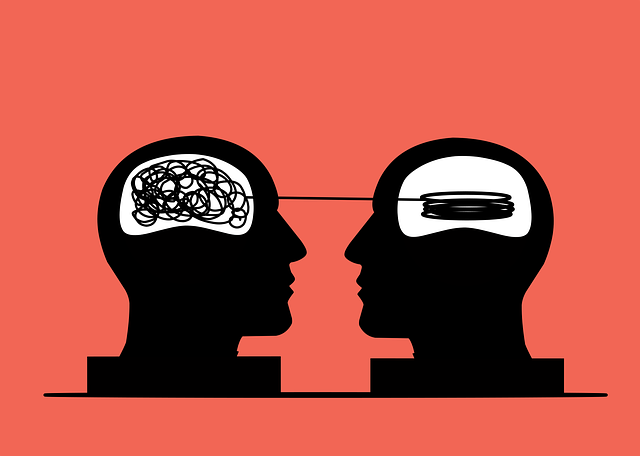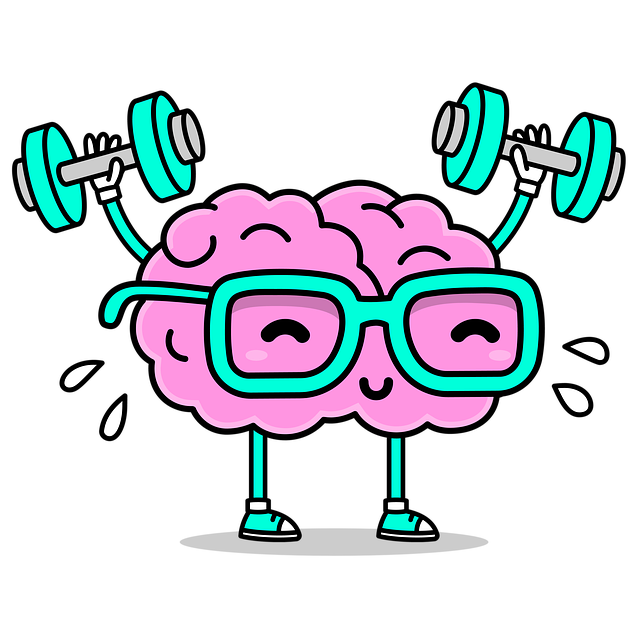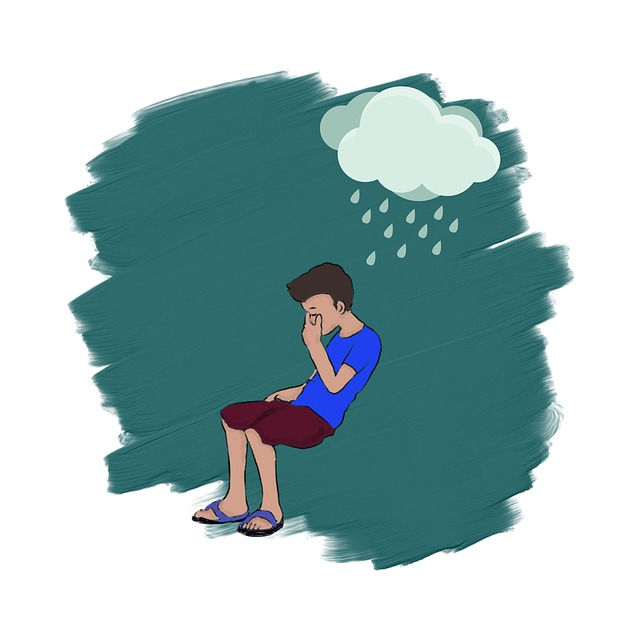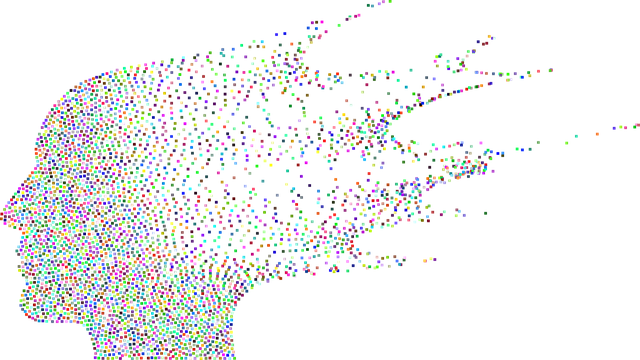Mental health disorders in children, especially psychosis, require early identification and specialized care. Parents, caregivers, and educators play a vital role in recognizing behavioral changes and seeking professional assessments using various tools. Evidence-based therapies like Cognitive Behavioral Therapy (CBT), family-focused therapy, and psychoeducation are crucial for managing psychosis, improving symptoms, and enhancing overall functioning. Specialized support groups, community outreach programs, and mental wellness coaching strengthen the support network, empowering children to manage their mental health long-term. A personalized approach, including Social Skills Training and Stress Management techniques, has proven effective in transforming lives.
Mental illness diagnosis and treatment navigation assistance is crucial for children suffering from psychosis. This comprehensive guide delves into understanding mental health disorders in kids, the early detection and professional assessment process, and exploring various therapy options tailored for pediatric psychosis. We navigate support systems and resources to enhance care, share inspiring success stories, and offer practical insights. Discover how effective therapies are transforming lives and empowering young individuals to overcome challenges.
- Understanding Mental Health Disorders in Children
- The Diagnosis Process: Early Detection and Professional Assessment
- Exploring Treatment Options: Therapies for Psychosis in Kids
- Navigating Support Systems and Resources for Better Care
- Success Stories: Overcoming Challenges with Effective Therapy
Understanding Mental Health Disorders in Children

Mental health disorders in children often manifest differently than they do in adults, requiring specialized understanding and approaches to diagnosis and treatment. It’s crucial to recognize that young minds face unique challenges, including conditions like psychosis, which can appear as early as adolescence. Early identification is key; symptoms may include hearing voices, seeing things that aren’t there, or experiencing distorted thoughts and emotions. These experiences can be distressing and disruptive, impacting a child’s ability to function in daily life.
Therapy for children with psychosis or other mental health issues should involve evidence-based practices tailored to their age and developmental stage. Healthcare providers specializing in childhood mental health have a vital role in navigating this complex landscape. They must possess cultural competency training to understand the unique cultural and societal factors influencing a child’s experience, as well as implement risk assessment strategies to ensure safety and effective treatment. Compassion cultivation practices can also play a significant part in fostering supportive environments for children struggling with their mental health.
The Diagnosis Process: Early Detection and Professional Assessment

The diagnosis process for mental illness begins with early detection, which is crucial in ensuring effective treatment outcomes, especially for children experiencing psychosis. This initial step involves recognizing subtle changes in behavior, mood, or thoughts that might indicate an underlying mental health concern. Parents, caregivers, and educators play a vital role here by observing and documenting any unusual patterns. Early detection can be facilitated through mental health education programs designed to equip individuals with the knowledge to identify potential red flags.
Once concerns are identified, it is essential to seek professional assessment. Mental health professionals use comprehensive tools for evaluation, including interviews, questionnaires, and psychological tests, to gain a thorough understanding of the individual’s symptoms and overall functioning. This process helps differentiate between various mental health disorders, such as psychotic disorders that require specific therapy for children, and other conditions that may respond better to different interventions, like mood management strategies offered through crisis intervention guidance.
Exploring Treatment Options: Therapies for Psychosis in Kids

When it comes to treating psychosis in children, a range of therapeutic options are available that can significantly improve outcomes. Early intervention is key; therapies such as cognitive behavioural therapy (CBT) have shown promise in managing symptoms and improving overall functioning. CBT helps kids understand their thoughts and behaviours, teaching them coping strategies to deal with hallucinations or delusions.
Additionally, family-focused therapy and psychoeducation are valuable tools. Involving parents and caregivers in the treatment process can enhance understanding of the condition and foster a supportive environment. Psychoeducation equips families with knowledge about mental health, encouraging open communication and early recognition of relapse signs, which is crucial for depression prevention and mood management. These therapeutic approaches contribute to a holistic Mental Health Policy Analysis and Advocacy, ensuring children receive comprehensive care tailored to their needs.
Navigating Support Systems and Resources for Better Care

Navigating support systems and resources is a pivotal aspect of ensuring better care for individuals facing mental illness, especially when it comes to children experiencing psychosis. Beyond traditional therapy for children with psychosis, a comprehensive approach involves leveraging various resources tailored to their unique needs. This includes specialized support groups where kids can connect with peers facing similar challenges, fostering empathy building strategies that promote understanding and reduce stigma.
Additionally, community outreach programs often offer valuable services such as emotional healing processes designed to help young people process trauma and develop coping mechanisms. By integrating these initiatives into care plans, families and caregivers can create a robust network of support. This holistic approach not only aids in depression prevention but also empowers children with the skills necessary for long-term mental wellness.
Success Stories: Overcoming Challenges with Effective Therapy

Many individuals battling mental illness find solace and success through effective therapy. For children experiencing psychosis, specialized treatment approaches can be life-changing. A recent study highlighted a young patient’s journey, showcasing how Therapy for Children with Psychosis combined with Mental Wellness Coaching Programs Development proved immensely beneficial. This tailored combination addressed not only the symptoms but also fostered resilience and improved overall mental wellness.
The patient, previously struggling with severe psychotic episodes, learned coping strategies through Social Skills Training and Stress Management techniques. These sessions empowered them to navigate their challenges, leading to a significant reduction in symptoms. The support of dedicated professionals and the implementation of tailored interventions allowed this individual to regain control, rebuild confidence, and embrace a fulfilling life. Such success stories emphasize the power of personalized therapy and highlight the potential for profound transformation when mental health services are accessible and effective.
Mental illness diagnosis and treatment navigation can be complex, but understanding the process and leveraging available resources makes all the difference. By recognizing the signs early and involving professionals, parents can initiate effective support systems like therapy for children psychosis. Access to diverse treatment options, including specialized therapies, alongside community resources, ensures children receive comprehensive care tailored to their unique needs. Success stories highlight the transformative power of proper diagnosis and access to quality psychosis therapy in kids, underscoring the importance of navigating these systems for better outcomes.
